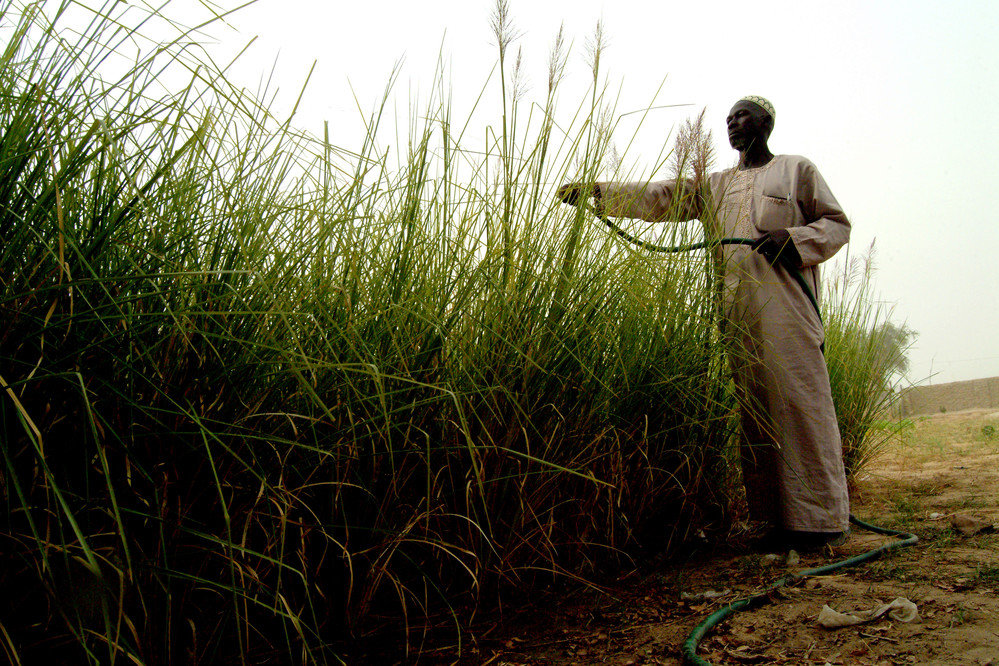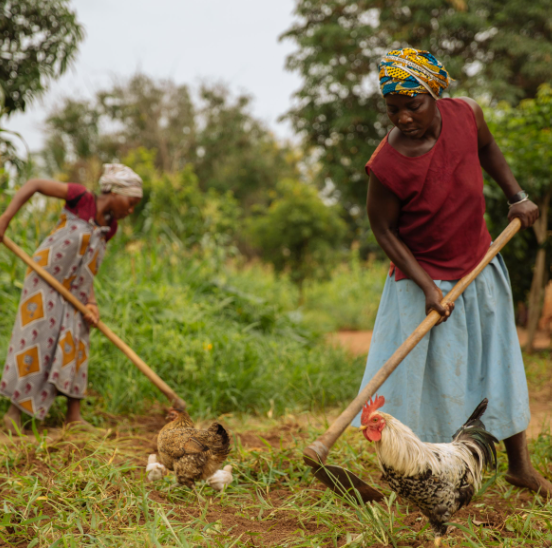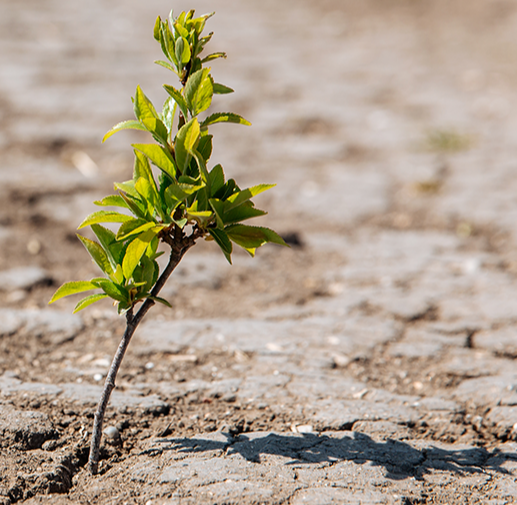Around the world, more than half of the people living in poverty are smallholder farmers and these farmers provide about a third of the world’s food supply. But smallholder farmers are at the greatest risk and most affected by the climate crisis.

Photo: IFAD/Amadou Keita
In an effort to address these worsening inequalities, Palladium Impact Capital (formerly Enclude) supported Acumen in the fundraising for the Acumen Resilient Agriculture Fund (ARAF). The fund, which closed with USD 58 million in impact capital this summer, aims to build an ecosystem of agribusinesses that improves farmers’ livelihoods and builds their resilience to climate change.
“The recent Intergovernmental Panel on Climate Change (IPCC) report has underlined that climate change is here, and that adaptation through improved resilience is, therefore, a key area to focus on,” notes Tamer El-Raghy, ARAF’s Managing Director.
The report on climate change only served to highlight the worsening climate crisis and concludes that human-caused greenhouse gas emissions have led to an increased frequency and/or intensity of some weather and climate extremes since pre-industrial times.
By supporting agribusinesses that offer aggregation, digital platforms, and financial solutions to smallholder farmers, ARAF aims to build an ecosystem that enables and supports farmers to raise their incomes and increase their resilience. According to El-Raghy, ARAF operates at the intersection of climate and poverty and meets smallholder farmers where they are. “Soil degradation, severe storms, and shifting weather patterns are presenting a direct and immediate threat to their livelihoods and they must receive proportionate support.”
Blended Finance is Key
New research by Acumen, funded by the United Kingdom’s Strengthening Impact Investment Markets for Agriculture program, illustrates the need for this transition, and calls for an increase in risk-tolerant, blended capital to sustainably scale agribusinesses that helps build climate resilience.
ARAF’s first-loss layer, supported by the Green Climate Fund (GCF) and Acumen, enables this risk tolerance.
Research also shows the importance of working with farmers and providing repeat training and instruction on how to best leverage products and services. ARAF answers this call by using blended finance to provide long-term support to small and medium-sized agribusinesses and through its USD 5 million Technical Assistance Facility (TAF) that is designed to provide farmers with the hands-on support they need.
“The ARAF transaction represents a triumph of blended capital,” says Steven van Weede, Managing Director of Palladium Impact Capital. “The first-loss capital provided by GCF provided a material boost to fundraising through the provision of junior capital. While perceived wisdom to date has been that equity investors don’t look for downside protection, this transaction proved that assumption wrong, as investors were keen to benefit from the downside protection offered by GCF.”
Already, ARAF has made five investments, including in solar integration, agri-processing, and dairy. Several of the businesses include outgrower schemes to support smallholder farmers with technology training and knowledge to further boost resilience.
As van Weede notes, a fund placement of this nature is always challenging, and this has been a long exercise for all the teams involved. “You need a compelling strategy, an excellent team, and a sound structure, but those factors in and of themselves do not necessarily guarantee success,” he explains.
“If there is one lesson from this transaction, it’s that perseverance truly pays off.”
This article was originally published by Palladium.

